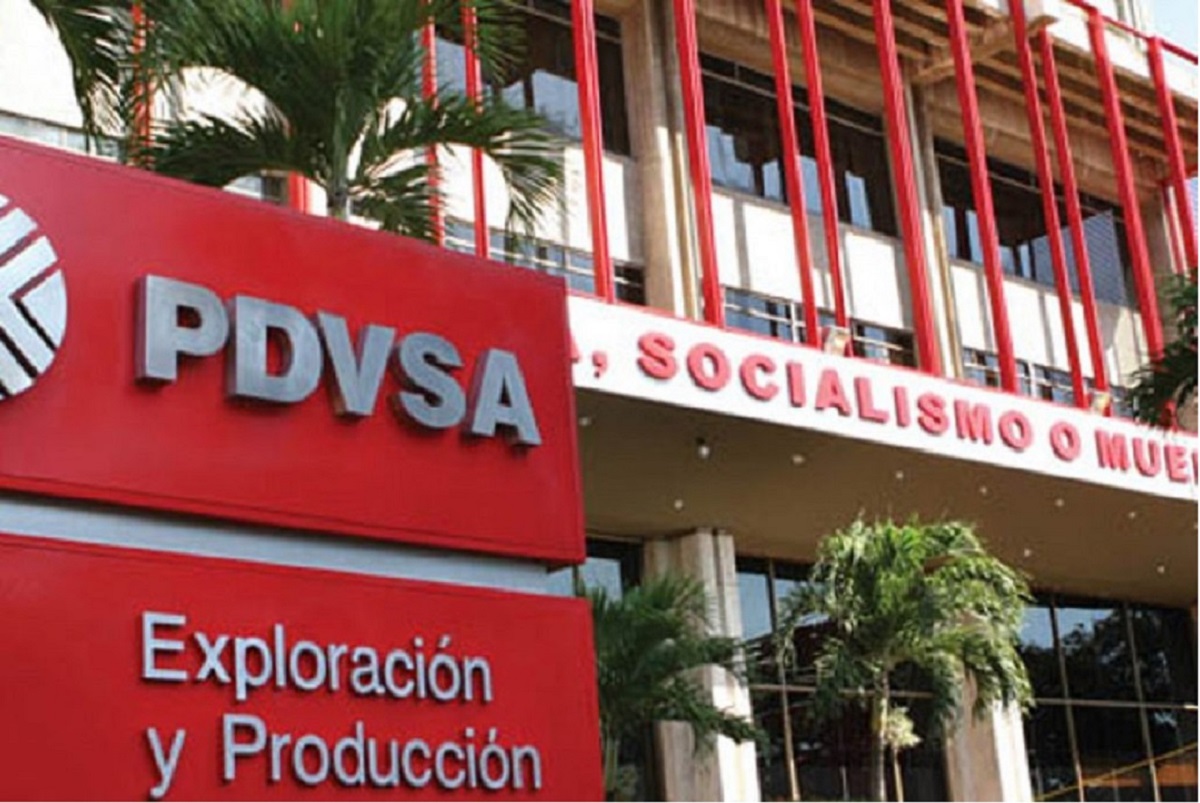US avoids touching oil in sanctions against Venezuela

Joe Biden’s government sanctioned 16 Venezuelan officials on Thursdaybut refrained from tightening the clampdown on oil further with less than two months to go before the US presidential election.
Venezuela’s oil industry has been under sanctions since 2019. Washington partially lifted them for six months but reimposed them in April after deeming President Nicolás Maduro to have broken his campaign promises.
Even so, it grants individual licenses to operate in Venezuela to several oil companies, such as the American one Chevron or the Spanish Repsol and the French Maurel & Prom.
On Thursday, he again punished Maduro’s entourage, this time for “electoral fraud” and for repressing the opposition “in an illegitimate attempt to cling to power by force.”
The opposition maintains that its candidate Edmundo González Urrutia won the elections by a wide margin, according to the voting records in its possession. The United States, the European Union and Latin American countries They insist on asking the authorities to publish the detailed scrutiny, something that has not happened..
Washington has now limited itself to imposing economic sanctions on 16 judicial officials, including the president of the Supreme Court of Justice, officials of the electoral authority, the National Assembly, military personnel and members of the intelligence services.
What if oil sanctions come back?
No word from the oil sector. Why?
The government “is very cautious about touching the licenses that Chevron mainly has,” but also two European oil companies, Francisco Monaldi, director of the Latin American Energy Program at the Baker Institute at Rice University in Texas, told AFP.
This is because a return to a policy of “reinstating all sanctions” could impact the Venezuelan economy and that impact could end up generating more migrants from Venezuela.
Irregular migration is the former president’s favorite topic and Republican White House candidate Donald Trump, who will contest the November 5 election against Democratic Vice President Kamala Harris.
But there is another reason: “They think that in the past this was not effective in getting the Venezuelan government to negotiate and they prefer to have some kind of link that allows them to at least negotiate,” adds the expert.
For Maduro, licenses are important but “If they are taken away from him, he is willing to stay” in power, Monaldi believes.
There are other variables at play. The space that will leave Chevron could be occupied by Russia or China in the country with theoretically the largest oil reserves in the world.
Russian President Vladimir Putin has invited Maduro to the summit of emerging countries BRICS, scheduled for October in the Russian city of Kazan.
«National interests»
A US official on Thursday dodged a question about why hadn’t they targeted oil.
“We are closely monitoring political and economic developments in Venezuela, and we are committed to calibrating our sanctions policy appropriately in response to both the facts on the ground and the broader national interests of the United States,” he said in a telematic press conference.
There is pressure in Congress for Joe Biden to make a move.
Senate Judiciary Committee Chairman Dick Durbin, a Democrat, introduced a bill this week to end “Maduro’s financial strength.”
«The Maduro regime currently uses oil revenues that depend on the participation of the United States to maintain their police state,” says Durbin.
Monaldi doubts that the proposal is viable and believes that we will have to wait until after the elections to see what happens.
There could be “a new policy, especially if Trump wins,” who has already imposed a battery of sanctions on the Venezuelan government, including an embargo on oil and gas, as a pressure measure to try to bring about the fall of Maduro.
Venezuela saw its output plummet from 3 million barrels a day more than a decade ago to 400,000 in 2020 as a result of corruption, mismanagement and US sanctions. It currently pumps about 870,000 barrels a day.
This collapse has led to a diversification of the economy, which depends less on oil and more on other activities such as remittances.
According to a report by the NGO Transparencia Venezuela, “smuggling of drugs, gold, fuel and corruption in ports and customs has increased in recent years.”
Independent journalism needs the support of its readers to continue and ensure that uncomfortable news that they don’t want you to read remains within your reach. Today, with your support, we will continue working hard for censorship-free journalism!
